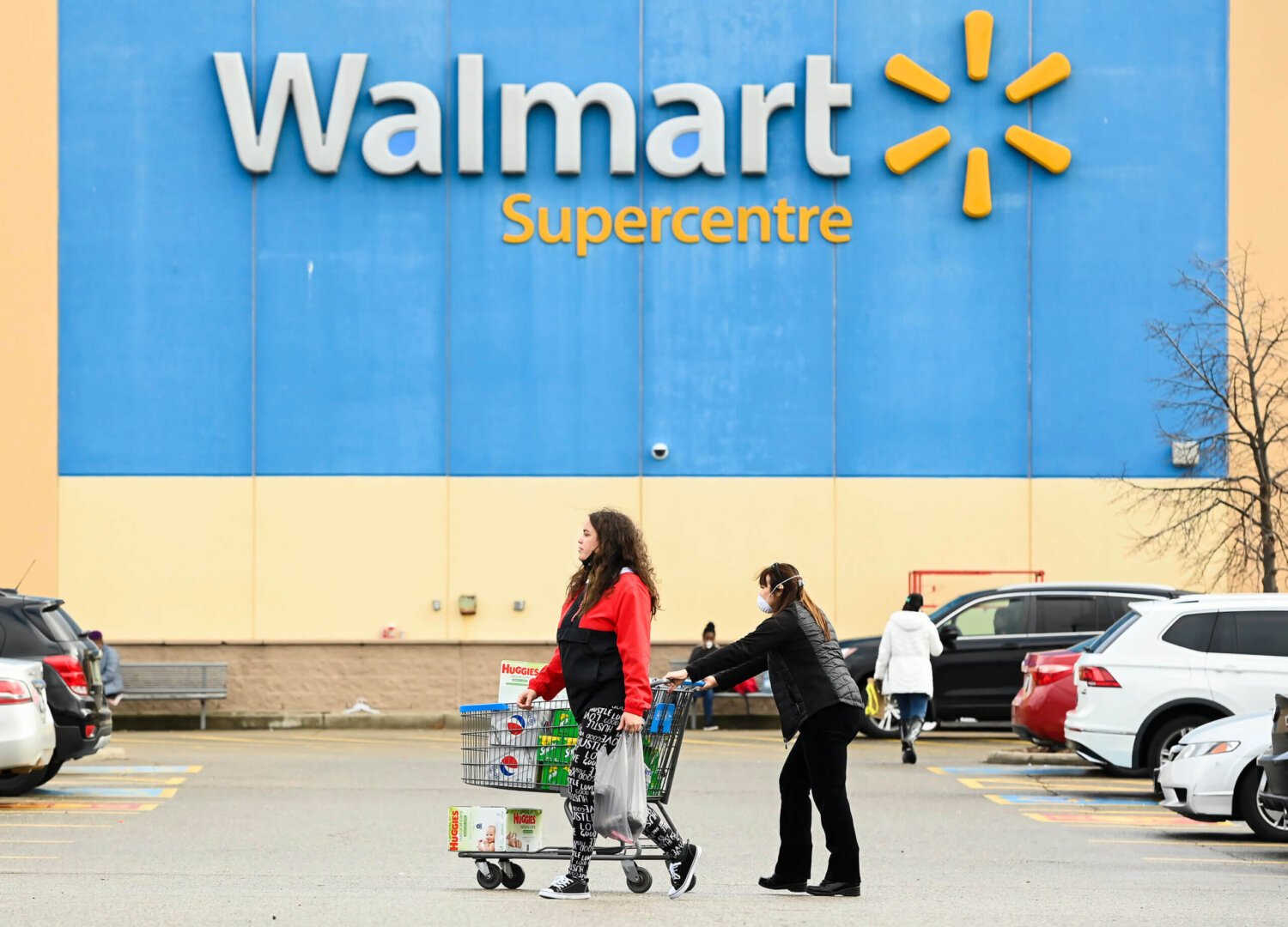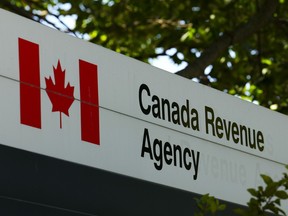“Now we have the five major retailers signing on, that’s good news for the whole supply chain,” he said.
MacAulay said he believes the code will bring more transparency, fairness and predictability into the food industry, though he noted it’s not meant to lower grocery prices.
Progress on the code appeared to be in jeopardy last fall as it neared completion, with leaders from Loblaw and Walmart telling MPs they were concerned the code would lead to higher retail prices.
As a result, calls to make the code mandatory grew, with the House of Commons committee studying food prices telling Loblaw and Walmart in February that if they wouldn’t sign on, it would recommend the code be made law—an option that MacAulay had said he was exploring.
In May, Loblaw said it would agree to the code as long as other industry players would do the same, saying its concerns had been alleviated by changes to the document.
“The code now is fair, and it will not lead to higher prices,” said president and CEO Per Bank at the time.
After Loblaw’s announcement, attention turned to Walmart and Costco.
Walmart Canada is willing to support the current version of the code, which is now more balanced, said spokeswoman Stephanie Fusco in an email—though there are still important discussions to have about governance and dispute resolution, she added.





















Discussion about this post